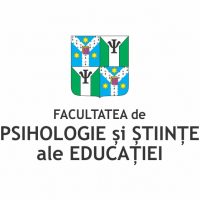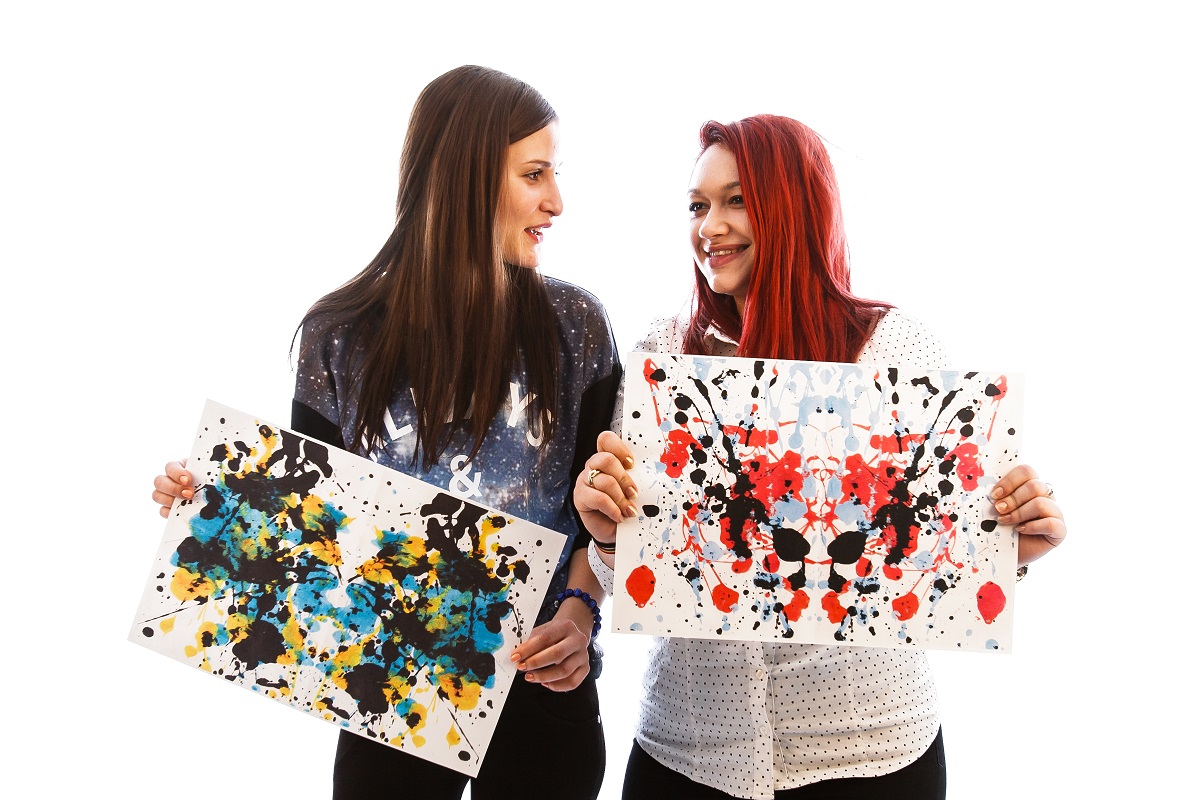 Contact
Contact
3, Toma Cozma Str., Iaşi RO – 700554
Telephone: +40 232 20 1028
Fax: +40 232 21 0660
E-mail: secretariat.fpse@uaic.ro
Website: http://www.psih.uaic.ro
Dean: Associate Professor PhD Ștefan BONCU
Vice-dean: Associate Professor PhD Simona BUTNARU
Vice-dean: Associate Professor PhD Cornelia MĂIREAN
Vice-dean: Assistant Professor PhD Magda SAMOILĂ
Vice-dean: Associate Professor PhD Camelia SOPONARU

Departments
- Department of Psychology
- Department of Education Sciences
- Department of Training for Educational Staff
Programmes
Bachelor’s Degree (6 semesters)
- Psychology
- Psychology
- Education Sciences
- Pedagogy
- Special Psychopedagogy
- Pre-school and Primary Education Pedagogy
Master’s Degree (4 semesters)
- Psychology
- Staff Evaluation, Training and Psychological Counseling
- Educational Psychology and Counseling
- Clinical Psychology and Psychotherapy
- Clinical Evaluation, Counseling and Psychotherapy for couple and family
- Clinical Evaluation, Counseling and Psychotherapy for couple and family (Focșani extension)
- Education Sciences
- Diagnosis and Intervention for Persons with Special Needs
- Applied Teaching for Primary Education
- Early Education
- Education Policies and Management
- Master of Teaching in Biology
- Master of Teaching in Physics
- Master of Teaching in Geography
- Master of Teaching in Physical Education and Sports
- Master of Teaching in Orthodox Theology
Doctoral School (6 semesters)
- Psychology
- Education Sciences
ECTS Study Guide Bachelor Programs
ECTS Study Guide Master Programs

About the faculty
The beginning of higher education in psychology in Iași precedes the creation of Alexandru Ioan Cuza University of Iași. Psychology was among the philosophical subjects taught at “Academia Mihăileană” and the “Socola” Seminary.
Unanimously appreciated for its social psychology school, its orientation towards the clinical domain, psychotherapy, and for the promotion of educational research, the Faculty of Psychology and Education Sciences provides a research basis with many well equipped laboratories and specialized instruments.
Moreover, a number of research projects on topics such as personality psychology, social psychology, relevant driving behaviour psychology, moral judgements psychology, scholar performance psychology, psychopedagogical assistance for students with social and financial difficulties and for those with special needs, have been conducted within the faculty in the past years.
There are two research centres that function within the Faculty of Psychology and Education Sciences: one in Psychology and the other in Education Sciences, where teachers, PhD candidates and MA students participate in research activities. The former comprises several research laboratories such as: Hypnosis, Emotion & Cognition Lab, Traffic Participant Psychology Lab, Risk, Resilience & Social Contexts Lab, Clinical Human Sciences Lab, Motivation, Self & Well-being Lab, Well-being, Stress & Resilience Lab, Social Psychology & Interdisciplinary Studies “Adrian Neculau” Laboratory. The latter research laboratory includes the Historical and Philosophical Perspectives in Education Lab, Learning Training and Professional Development Lab, Skills Management Lab, Fundamental and Applied Research in Special Education Lab, Didactics and early Education Lab, Interculturalism Migration and Education Lab, Education and Technology Lab.
The students and the teaching staff of the Faculty of Psychology and Education Sciences are the direct beneficiaries of an investment and of an ample research project through which a e-learning platform is made available. Blackboard Academic Suite Platform allows quick access to lecture notes, conversations between colleagues, students and professors on various topics, the personalized follow-up of each student’s academic route, the completion of online seminars and lectures.
The partnerships with well-established faculties in Europe offer both students and the teaching staff the possibility to go on academic exchanges within the Erasmus programmes to countries such as Spain, France, Germany, Finland, Belgium, Holland etc.
After graduation, students can become specialists in Clinical Psychology and Psychotherapy, Educational Psychology, Labour and Services Psychology or Counseling Psychologists in companies. Also, they can be employed in Educational sciences as teachers, educational teachers (counsellors), speech therapists, psycho-pedagogy teachers for special education, teachers for preschool and primary school.
